Android to be number two mobile OS by 2013?
IDC's latest report says Android's 100-fold explosion in sales over the next four years will see it leave all but Symbian in its wake.
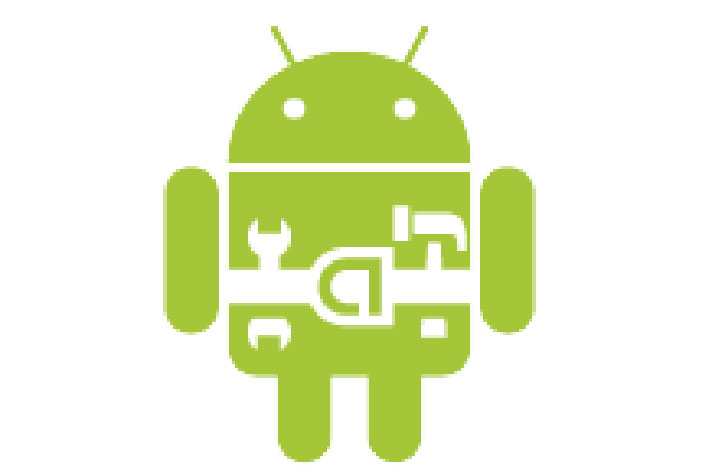
Research firm IDC believes Android will be world's number two mobile operating system by 2013.
The firm also expects smartphone sales to maintain an average growth of 20 per cent year on year to reach 390 million units worldwide by that point.
IDC's predictions were made in a report entitled Worldwide Mobile OS 2009-2013 Forecast and Analysis, compiled by analyst Stephen Drake.
The report predicted a bright future for Android, claiming its growth will outstrip that of any of its rivals, with many struggling in an increasingly volatile market.
"In a market that was once dominated by a handful of pioneers, such as BlackBerry, Symbian and Windows Mobile, newcomers touting open standards (Android) and intuitive design and navigation (Mac OS X and webOS) have garnered strong end-user and handset vendor interest," the report stated.
At present, Symbian dominates the mobile OS market, largely thanks to its strong relationship with Nokia, the world's leading mobile phone maker.
Blackberry and Apple are currently second and third worldwide first and second in the US, where Symbian has little foothold with Android still in the process of getting out of the starting blocks.
Get the ITPro daily newsletter
Sign up today and you will receive a free copy of our Future Focus 2025 report - the leading guidance on AI, cybersecurity and other IT challenges as per 700+ senior executives
But by 2013, said IDC, it will have overtaken both Apple and RIM, having experienced a 100-fold increase from 690,000 units in 2008 to 68 million or 17 per cent of the world market by 2013.
"Mobile operating systems have become the key ingredient in the highly competitive mobile device market," Drake commented in the report. "Although the overall look and feel of the device will still play an important role in the buying process, the wrong choice of operating system coupled with an awkward user interface can mean the difference between success and failure."
Android's market position has thus far been built largely through a handful of devices from Taiwanese mobile phone maker HTC. But with Google's own Nexus One having raised the operating system's profile considerably with its launch at the start of the month, and the likes of Samsung, LG, Motorola and Sony Ericsson also developing their own Android lines, 2010 promises to see a significant spike in its market share largely at the cost of mobile stalwart Windows Mobile.
"The story isn't great for Windows Mobile," Drake confirmed. "If you look at news cycle for smartphones over the past year, where was Microsoft? They need a splash with Windows Mobile 7. And they need to produce a device with a 'wow factor,' something in the superphone range."
-
 Bigger salaries, more burnout: Is the CISO role in crisis?
Bigger salaries, more burnout: Is the CISO role in crisis?In-depth CISOs are more stressed than ever before – but why is this and what can be done?
By Kate O'Flaherty Published
-
 Cheap cyber crime kits can be bought on the dark web for less than $25
Cheap cyber crime kits can be bought on the dark web for less than $25News Research from NordVPN shows phishing kits are now widely available on the dark web and via messaging apps like Telegram, and are often selling for less than $25.
By Emma Woollacott Published
-
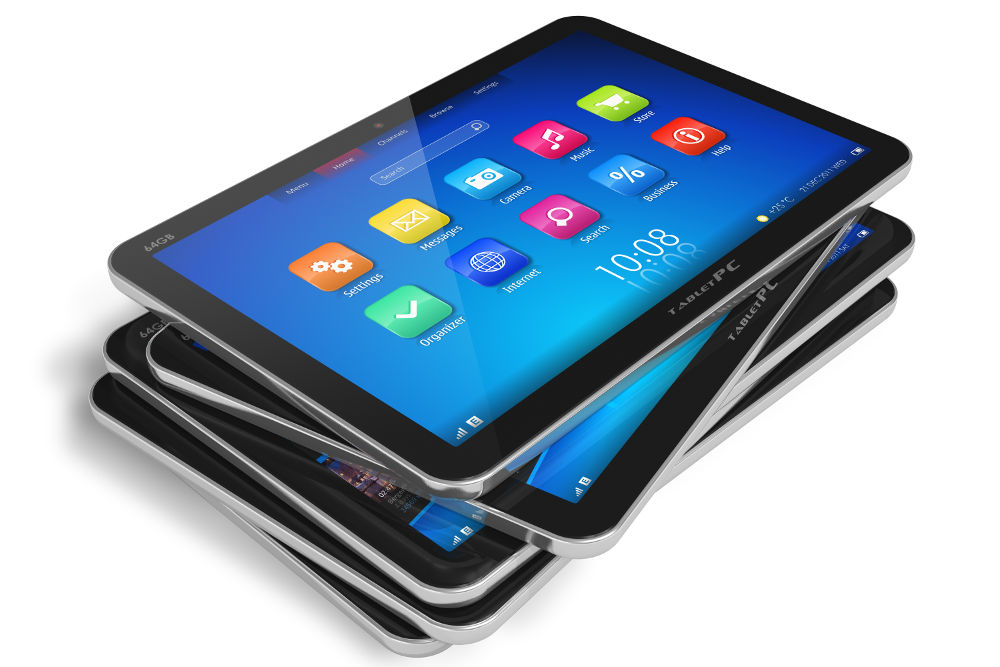 Tablet market falls 15% as low-cost devices lead sales
Tablet market falls 15% as low-cost devices lead salesNews Weakened market caused by 'low-cost detachables" sees third-quarter tablet sales fall by 15%
By Dale Walker Published
-
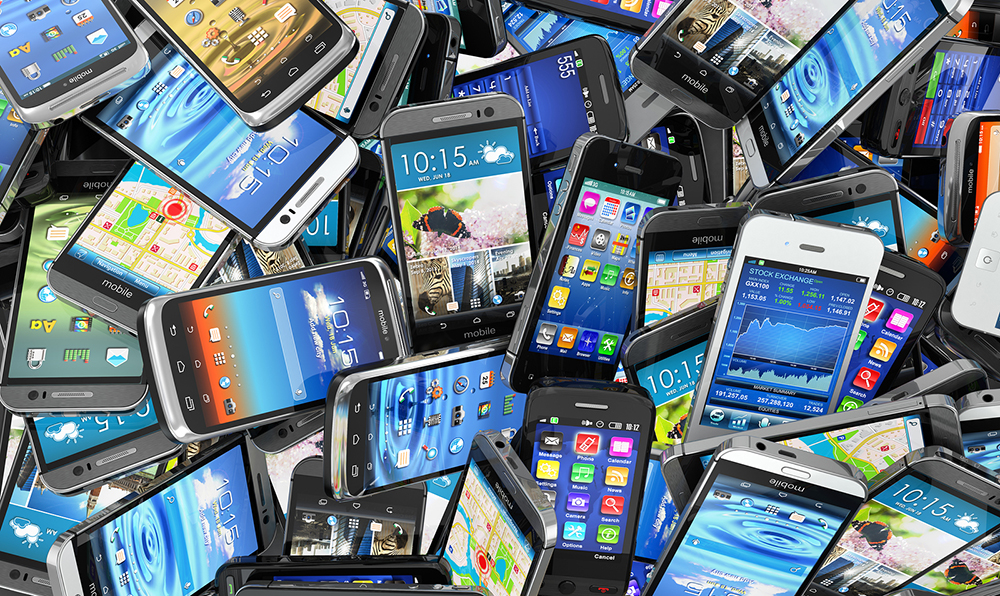 iPhone shipments to fall in 2016, while Android makes gains
iPhone shipments to fall in 2016, while Android makes gainsNews Decline in two-year contracts may also cause general smartphone market contraction, analysts claim
By Clare Hopping Published
-
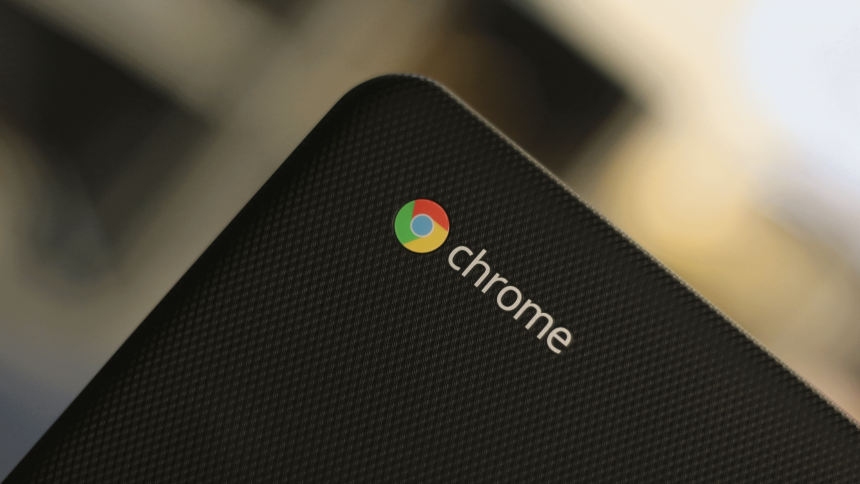 Sorry, Apple: Chromebooks outselling Macs
Sorry, Apple: Chromebooks outselling MacsNews IDC confirms that Chromebooks are outselling Apple Macs in the US
By Nicole Kobie Published
-
 Tablet sales decline, but detachables rise in popularity
Tablet sales decline, but detachables rise in popularityNews Devices such as the iPad Pro and Microsoft Surface are quickly replacing PCs, IDC says
By Clare Hopping Published
-
 Apple Watch takes on FitBit in wearables chart
Apple Watch takes on FitBit in wearables chartNews The company is second only to fitness band maker FitBit, according to latest IDC figures
By Clare Hopping Published
-
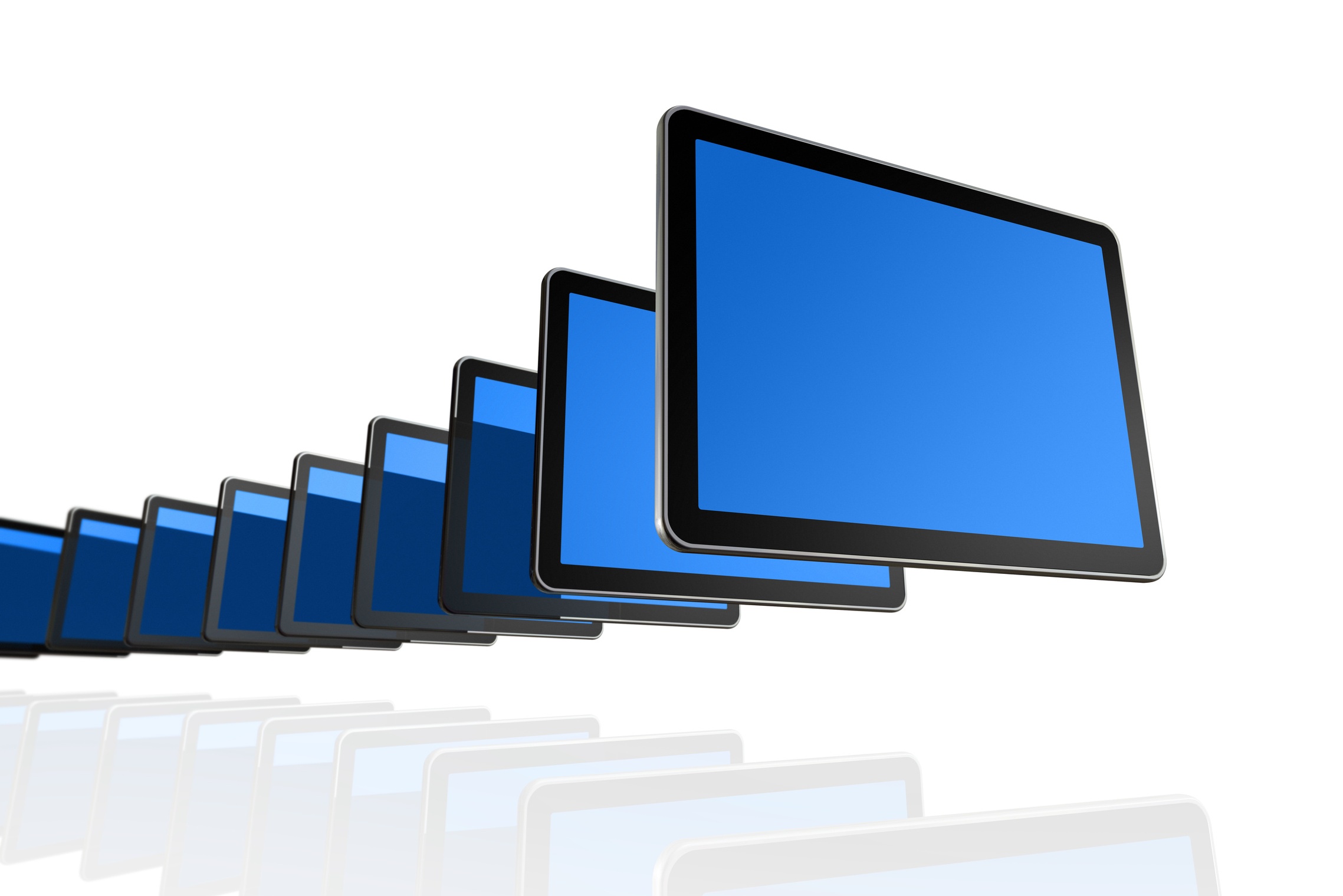 Apple iPad shipments down 3 million year-on-year
Apple iPad shipments down 3 million year-on-yearNews Samsung and Lenovo experience big gains in the tablet market, says IDC
By Caroline Donnelly Published
-
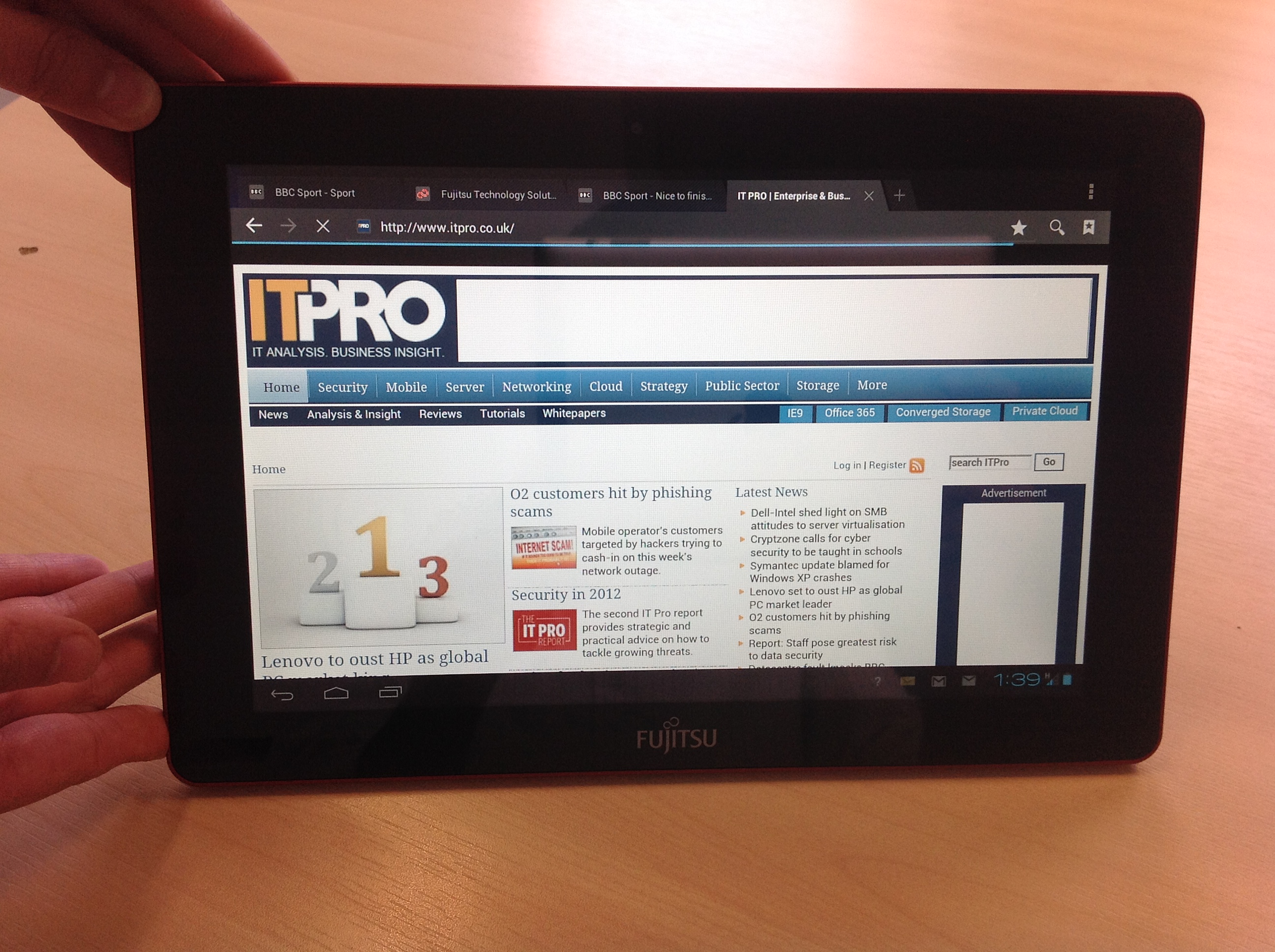 Android drives strong tablet sales
Android drives strong tablet salesNews IDC: Android drives market growth as iOS stalls and Windows tablets struggle to win over consumers.
By Christine Horton Published
-
 EMC World 2013: EMC hails rise of third platform apps
EMC World 2013: EMC hails rise of third platform appsNews Storage giant's senior execs talk up emergence of new cloud-hosted apps.
By Caroline Donnelly Published